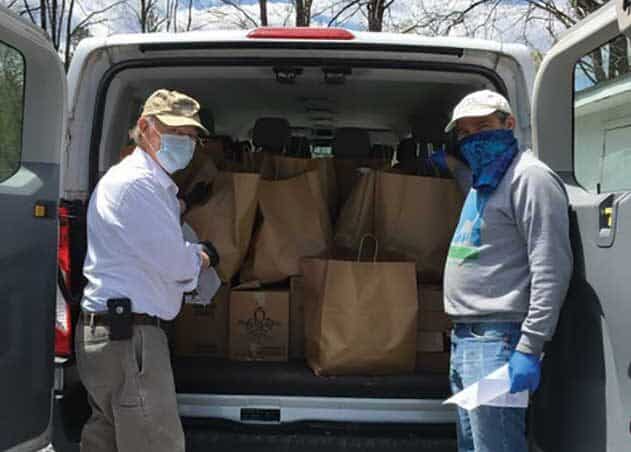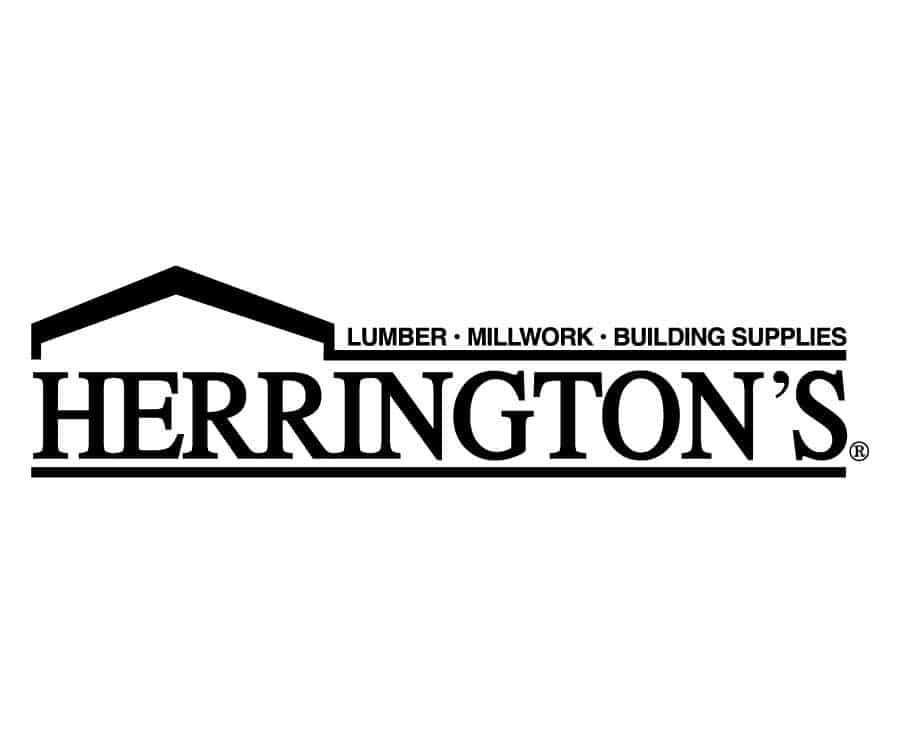Main Street Business

A Quiet Partner
Many of the stories in Main Street’s February issue relate to families and our greater shared community. The Foundation for Community Health (FCH), located in Sharon Valley, is a not-for-profit foundation that supports many rural health-related initiatives behind the scenes providing grant money and expertise to health and social service non-profits in both New York, Connecticut and Massachusetts, which in turn provide vital programs and services that enhance the health and wellbeing of our local communities. Nancy Heaton, FCH’s CEO, spoke with us about the organization.
Can you explain what the Foundation for Community Health is?
FCH is a private not-for-profit foundation dedicated to improving the health and wellbeing of the residents of the greater Harlem Valley in New York and the northern Litchfield Hills in Connecticut. We make grants, conduct research, provide technical assistance and support collaboration and advocacy all aimed at improving access to healthcare for people living in the FCH region.
How was FCH created?
FCH was formed when Sharon Hospital was sold for approximately $16 million to for-profit Essent Healthcare in 2003. Connecticut law requires that the net proceeds from the sale of a not-for-profit hospital remain in the charitable sector through the creation of a “conversion” foundation that has the same mission. The process was guided by Richard Blumenthal, who was Attorney General at the time, and formalized by a decision of the Superior Court of Connecticut.
 The first board of directors composed of representative community members was appointed by Blumenthal with input from the Berkshire Taconic Foundation, another grant-making foundation. The process was transparent and people were invited to be on this panel. From the very beginning the board of FCH had a “strategic” vision for this new community resource.
The first board of directors composed of representative community members was appointed by Blumenthal with input from the Berkshire Taconic Foundation, another grant-making foundation. The process was transparent and people were invited to be on this panel. From the very beginning the board of FCH had a “strategic” vision for this new community resource.
The directors set out to find an executive director to build, lead, and manage the organization. I was the first hire and began working here in 2004. Together we spent the first few months defining the mission, vision, and purpose of this fledgling organization. We also explored the definition of health and decided that it broadly was the state of wellbeing of mind, body, and the capability to function in the face of changing circumstances. In other words health is being able to do what you want to do.
What are the assets of FCH?
FCH received net $16 million in unrestricted funds when the sale was completed. Additionally FCH was also designated to receive legacies left in wills and trusts to Sharon Hospital. We currently have $25 million in our own assets and draw funds from an additional $10 million in assets held by other trusts and community foundations. We have disbursed $18 million in direct grants and several million more in program and technical support over the past 17 years. Our funds are managed by Berkshire Taconic Foundation.
What was your background before joining FCH as executive director?
I went to Lafayette College in Pennsylvania majoring in government and law. I intended to become a lawyer, but after directing field operations for The International Alliance for Children in Manila where I ran a home for orphaned, abandoned, and neglected children, I found my passion. Instead of law school, I went to graduate school at San Jose State in California in Public Health and Community Health Education. Before starting at FCH in 2004 my last position was as executive director (ED) of the Northwestern Connecticut AIDS Project serving Litchfield County.
Why did you take the job? Why did they hire you?
The interview process was intense. There were seven directors present for my first interview. I was excited about the possibility to look at things from a higher level and to work with and assist direct service providers and policy advocates on improving the health and wellbeing of our shared communities, rather than just providing services directly. The board felt the first executive director should have lots of executive and board management experience. Also, I believe my career was as a community health educator with a focus on prevention along with my strong belief and experience in getting things done through networking and collaborations were attractive to them.
What is the secret to being an effective executive director?
Regardless of the mission of a nonprofit organization, the ED and the organization’s Board of Directors have to work well together with clear lines of communication, support, and responsibility. Trust and identifiable objectives are key to the success of the ED and the organization. When an organization is small the ED also has to be a jack-of-all-trades. In addition to the ED role, board members have to acknowledge and appreciate that he/she may also be the program staff, the HR director, the bookkeeper, and even the building maintenance worker!
What is the role of the Board
of Directors?
The directors’ role is to oversee and define the larger agenda in terms of priorities and approach. The board sets the guardrails and the staff executes in service to the mission. Our 16 board members live or work in our communities from Kent to Pine Plains and are active in making decisions. Unlike most not-for-profit boards, FCH directors are not expected to fundraise, although, as a 501©3 organization, we certainly accept donations. I feel it is important that all board members understand our work, as well as our finances and so, for example, when a new director joins the board, it is required that they sit on the Audit Committee. The notes in the Audit provide a wealth of information about an organization’s operation that no other document provides.
How does FCH approach grant making?
Our goal is to engage with the communities we serve and work together to solve problems or enhance programs that work. We provide support not only through direct grants but also through research, technical assistance, content and facilitating connections. FCH has a formula it uses to determine how much money will be dispersed each year. This is the budget that I work with. However, sometimes there are extraordinary circumstances like when we provided $3 million dollars to Health Quest/Nuvance Health to convert the hospital back to a non-profit community owned asset and keep Sharon Hospital open. The board is always supportive when there is an emergency or an important unforeseen opportunity.
Every grant we give is very specific about the performance expected. We work with the grantees to figure out how we can work together and agree on outcomes. We also have had outside evaluators come in to review our processes. Going forward we intend to be more proactive in sharing what we’ve learned about the community, as well as about our work.
Every few years FCH conducts a regional needs assessment to help set its priority areas. One thing to note is that accessing the full range of behavioral health services, from prevention to inpatient care has consistently come up as an issue in our community. Our research is focused on evidence-based approaches. For example, one of our first assessments identified access to dental health for school age children as a critical need. We then worked with schools to provide the service and then found dentists willing to participate. Sometimes it can take a long time to move the needle on a program, and in this case it took four years to get a dental clinic up and running at Hudson River Health Care (now called Sun River) just so that there would be a dental practice willing to go into Dutchess County schools to offer free screenings, cleaning, and sealants.
How did FCH respond to
COVID?
In March, the timing was serendipitous, we just happened to enable an online grant application process just as the COVID epidemic closed everything. This was a tremendous help for both grantees and FCH staff, greatly streamlining the grant-making process.
The first thing we did was to call all of our existing grantees and ask them how they were responding. What did they need? Many asked to convert their current grants into general operating funds or toward a program that they felt the community needed and we agreed to all requested changes. The board immediately added another $100,000 to our 2020 grant-making budget and in the end spent around $250,000 in our Rapid Response and Recovery funds to help them address whatever immediate needs they had. Many requested money to provide food for pantries, rental assistance, communications, assisting in health service delivery, etc.
We also increased our monthly Prescription Assistance Fund allowance to $350 per month for households living at 400 percent of poverty.
What do you see changing in the future?
FCH is in the middle of a strategic planning exercise right now. Part of our focus will be on evaluating and improving processes for grant-making, and program evaluation to ensure that we are using an equity lens in all of our work and decision-making.
What do you do in your spare time?
I am married with a 21-year-old daughter, twin 19-year-old boys, and three dogs. I belong to a fabulous book club, and I quilt and cook. I love the ocean, travel, and have spent lots of time in South East Asia, Eastern Europe, and the Netherlands. •
To learn more about the Foundation for Community Health, visit them online at www.fchealth.org.


